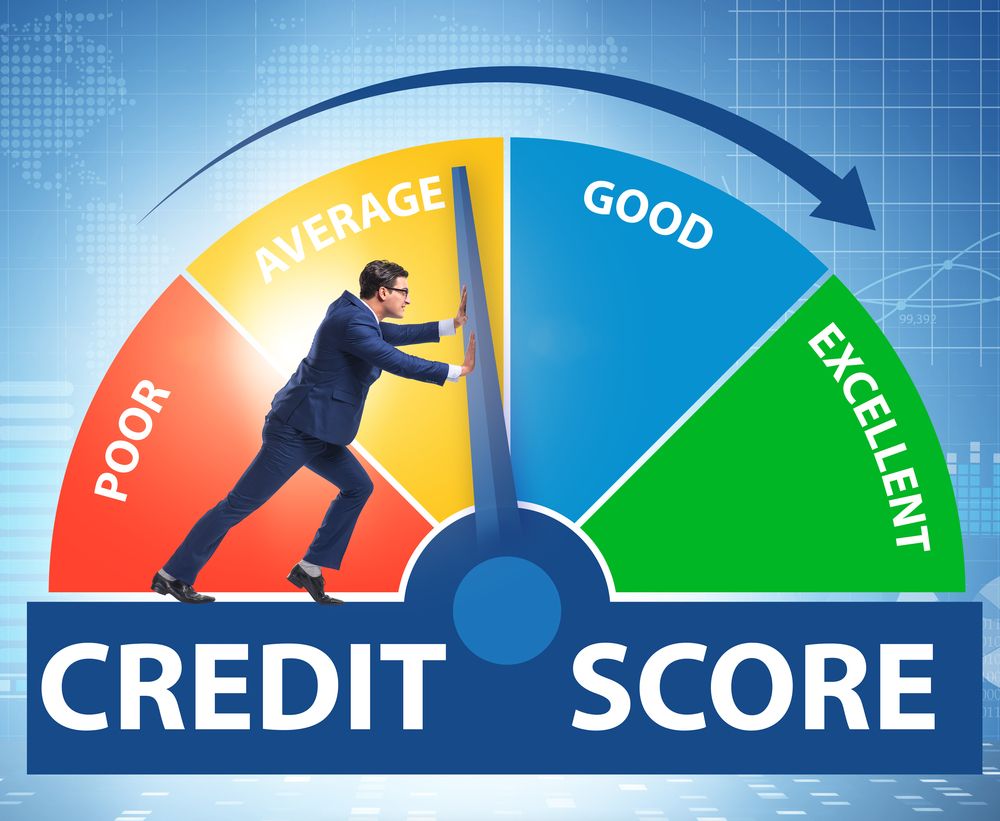Featured
Credit scores are super important in our money lives. They can affect lots of things, from getting loans to renting homes. However, understanding credit scores can be tricky. This article will explain the different levels of credit scores and how you can improve yours.
The Credit Score Ladder
Credit scores usually go from 300 to 850. Higher scores mean better credit. Let’s look at each level:
Tier 5: Poor Credit (300-579)

You might have trouble getting credit cards or loans if you’re in this bottom tier. If you do get them, you’ll probably have to pay high interest. This is because lenders think you might not pay them back.
To climb out of this tier:
- Pay all your bills on time
- Try to pay off any accounts that are past due
- Think about getting a secured credit card to start building credit
Tier 4: Fair Credit (580-669)
With fair credit, you’re doing better than the bottom tier. You have more choices but will still pay higher interest and might not get the best deals.
To move up from here:
- Keep paying those bills on time
- Try not to use more than 30% of your available credit
- Don’t apply for too many new credit cards or loans at once
Tier 3: Good Credit (670-739)
When you reach this middle tier, more doors open for you. You’re more likely to get loans and credit cards with okay terms. Many people aim to be here.
To improve from good credit:
- Keep doing what you’re doing right
- Try to pay off your credit card balances fully each month
- Ask your credit card companies if they can raise your credit limits
Tier 2: Very Good Credit (740-799)
In this second-highest tier, you’re in a great spot. You’ll qualify for most credit products with good terms.
To reach the top tier:
- Have different types of credit (like credit cards, car loans, etc.)
- Keep old accounts open to show a long credit history
- Check your credit report often for mistakes
Tier 1: Excellent Credit (800-850)
This is the top tier of credit scores. If you’re here, well done! You’ll get the best rates and terms on loans and credit cards. This is what people mean when they talk about a “tier 1 credit score“.
To stay in this top tier:
- Keep up your good money habits
- Check your credit report regularly
- Be careful about taking on new debt
Building Your Credit Over Time

Making your credit score better takes time and patience. It’s like building a castle – you need to start with a good base and add to it bit by bit.
Start with the Basics
The most important thing is paying all your bills on time. This affects your credit score more than anything else. Set up automatic payments if you often forget to do so.
Use Credit Wisely
Using credit cards can help build your score, but only if you use them well. Try to keep your balances low and pay them off each month if you can.
Don’t Open Too Many Accounts
Your score might drop slightly every time you apply for credit, so try to spread out new credit applications.
Keep Old Accounts Open
How long you’ve had credit matters. Keeping old accounts open, even if you don’t use them much, can help your score.
Mix It Up
Having different types of credit (like a credit card, a car loan, and a mortgage) can be good for your score. But only take on debt you can handle.
Check Your Credit Report
You can get a free credit report from each of the three main bureaus once a year. Check these reports for mistakes that might be hurting your score.
Be Patient
Remember, building good credit takes time. It doesn’t happen overnight. But if you keep up good habits, you’ll see your score get better over time.
Why Your Credit Score Matters
Your credit score can affect many parts of your life:
- Getting Loans: A higher score makes it easier to get approved for loans.
- Interest Rates: Having better credit typically results in lower interest rates, allowing you to save a significant amount of money in the long run.
- Renting a Home: Landlords generally check credit scores when deciding whether to rent to you.
- Jobs: Some employers check credit as part of background checks.
- Insurance Costs: In some states, your credit can affect how much you pay for insurance.
Because your credit score is so important, it’s worth trying to improve it. Even minor improvements can make a big difference.

Getting to a Tier 1 Credit Score
Getting a tier 1 credit score is like reaching the top of your credit castle. It takes time and work, but it’s worth it. With a top-tier score, you’ll get the best financial products and rates out there.
Remember, everyone’s credit journey is different. Don’t worry if it takes a while to see improvements. The most important thing is to develop good money habits and stick with them.
Wrapping Up
Building good credit is a journey, not a destination. It requires consistent effort and good financial habits. But the rewards—lower interest rates, better loan terms, and more financial opportunities—are definitely worth it.
Start where you are, whether that’s rebuilding after money troubles or trying to push your good score into the excellent range. Every positive step you take is a brick in your credit castle. With time and effort, you can build a strong financial foundation that will help you for years.































